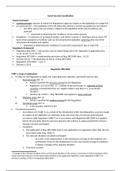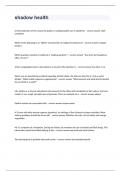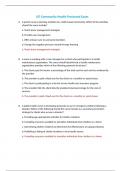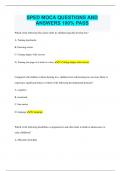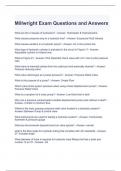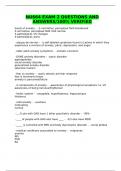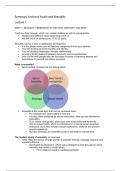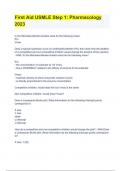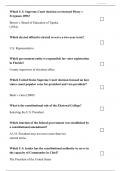Samenvatting
Summary Social Security Coordination (EXAM SCHEMES)
Worried for the exam? No time to prepare well structured notes to bring with you? No problem. These schemes are intended to provide a step-by-step approach to each and every topic covered. They will enable you to save time and answer comprehensively to all exam questions. They combine: (i) lecture ...
[Meer zien]
